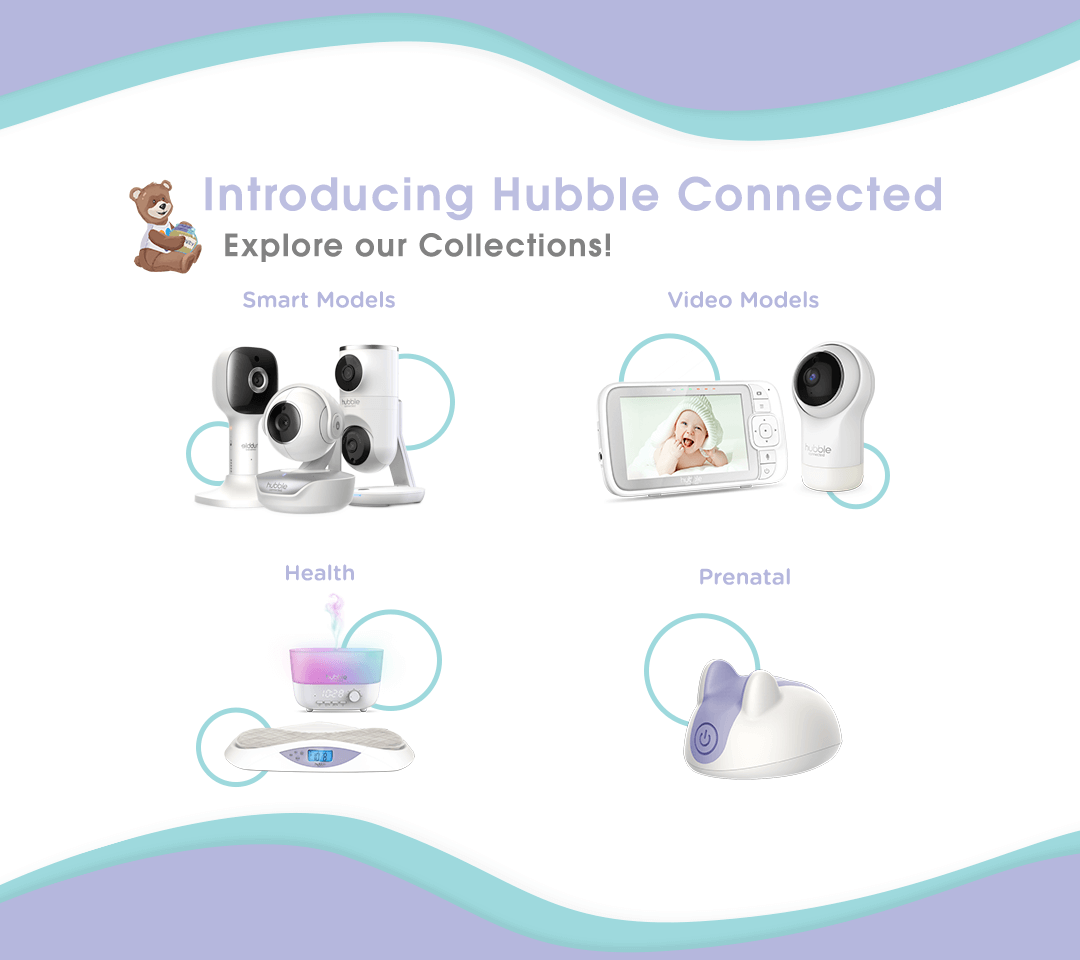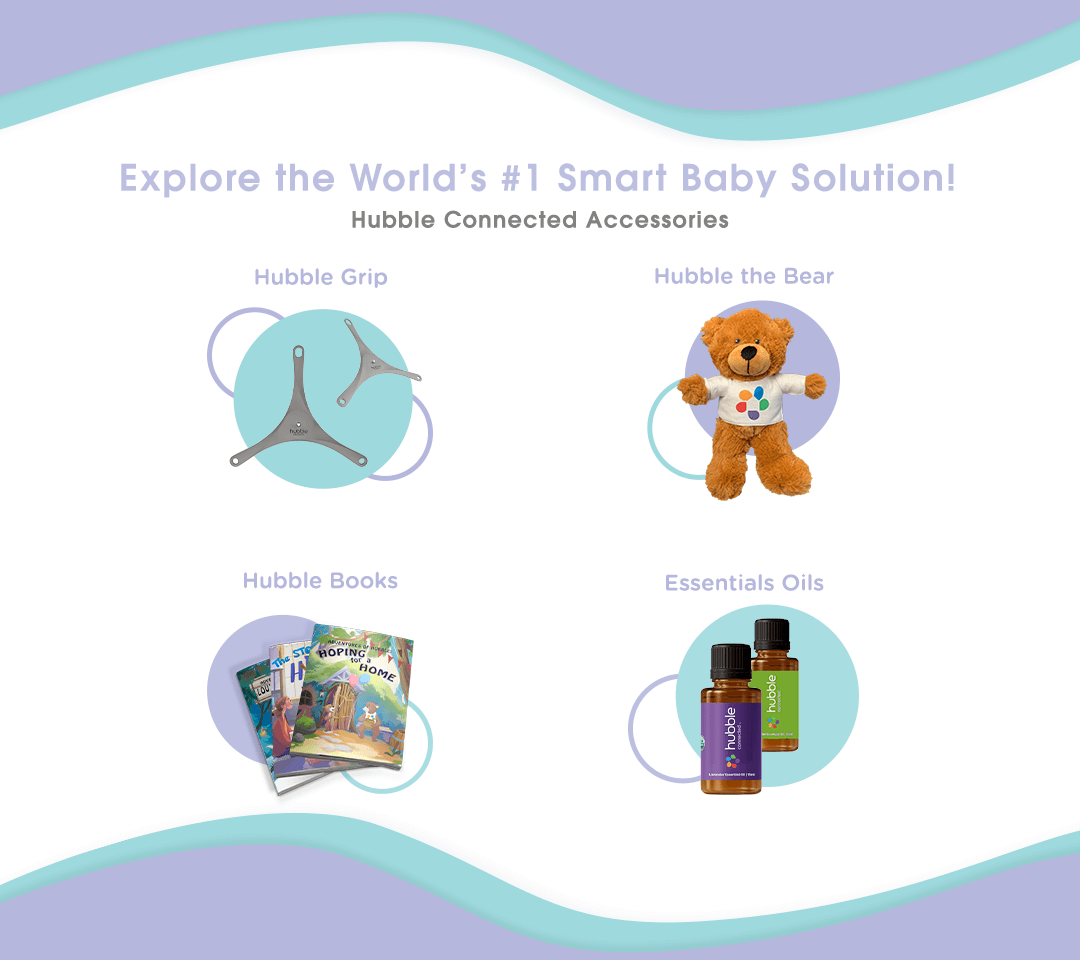Your Cart is Empty
May 07, 2021 4 min read

The holy grail of milestones in a baby’s first year of life is sleeping through the night.
Sure, that first night of full sleep may not get passed down in family lore like when your baby utters his first word, toddles his first step, or tastes his first ice cream...but any new parent would say that first night of sweet, slumbering silence is better than 100 tubs of chocolate ice cream.
It’s quite natural to feel utterly desperate for your child to learn how to sleep on their own, so you can get some much-needed shut-eye.
Some parents resist sleep training their baby because they fear that it will entail hours of listening to their little one “cry it out.” Primarily, though, sleep training is all about teaching your baby to fall asleep independently by self-soothing. This is a fundamental life skill that every well-adjusted human must learn at some point.
All people--babies and adults alike--naturally wake up several times in the night.
When you reframe sleep training as a precious gift and life skill that you are teaching your child, you can feel more confident in whatever approach you take. When it comes down to it, all babies need sleep to be healthy and happy.
Infant Growth: What is Teething?
Most babies are ready to sleep through the night around 5 or 6 months of age. Some bigger babies who have enough fat reserves to not need night feedings may be ready sooner and some babies may take longer.
That said, you can certainly start teaching your baby to self soothe sooner than 6 months. In fact, it’s in your and your baby’s best interest if you do.
There are a few different methods parents use to help their little one fall asleep. Rocking and shushing come pretty naturally to most new parents. Bottle feeding or nursing can also help lull babies into a dream state.
See More: What is Dream Feeding?
It’s important to keep in mind that if you start getting in the habit of always taking your baby for long drives in the car to fall asleep or walking laps through your house while rocking your baby in your arms, you’re unwittingly training your baby toneed those routines to fall asleep. And when your baby inevitably wakes up at 3am, you really don’t want to be strapping her into the car seat for a sleepy-time drive.
Ultimately, you want to train your baby to learn how to soothe herself to sleep. Here are a couple of methods below.
This is a technique you can start early on with your infant. Soothe your baby to sleep using a simple routine like swaddling, turning on a white noise machine, feeding your baby, and gently rocking her to sleep. Then, once you place your baby in her crib, gently coax her awake with a little tickle under her chin or toes until her eyes open. Your baby should still be very drowsy and within seconds fall back asleep on her own.
Related: Get Your Baby to Sleep Through the Night
Of course, your heart will stop beating while you wait to see her reaction...but, take courage! This method can be highly effective in the long run. If your baby does fully wake up and fuss, she may be hungry or need a diaper change. Go ahead and restart your routine, but be sure to gently wake your baby again right after you get her to sleep in her crib. This will teach your child to not fear being alone in her crib and she will start to associate drowsy, comfortable solitude with sleep.
Otherwise known as “graduated extinction” or “cry it out” (neither sound appealing!), the Ferber Method was developed by pediatric sleep expert Dr. Richard Ferber. Basically, it involves putting your baby to bed while she is drowsy, but still awake. You let her cry for a prescribed amount of time (maybe starting with 2 or 3 minutes) before going in to briefly reassure her by softly singing or gently patting her on the back. You do not pick her up or feed her. Then, leave the room and repeat as needed if your baby continues to cry, while gradually lengthening the amount of time between “check-ins.”
See More: Ferber Method
This can involve a few evenings of tears for both baby and parents, but usually, babies adapt quickly to falling asleep on their own after 3 or 4 nights of dedicated sleep training.
Sleep training your baby can be exhausting, but remember that you’re teaching your baby an important life skill. Nothing like new parenthood reminds you that a good night’s sleep is one of life’s greatest joys.

June 21, 2021 3 min read

June 21, 2021 3 min read
and get $10 OFF your next Hubble Connected purchase.
.png?v=1627679689)

.png?v=1627679796)
.png?v=1627679828)



